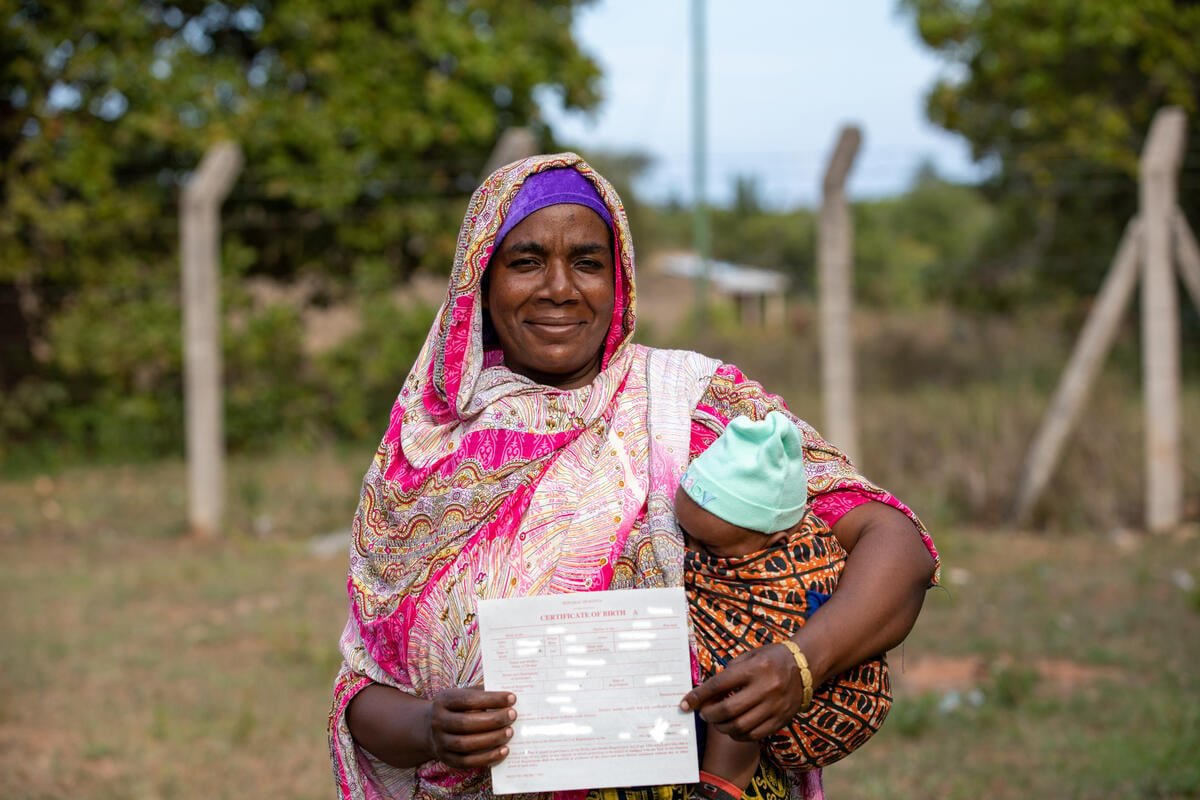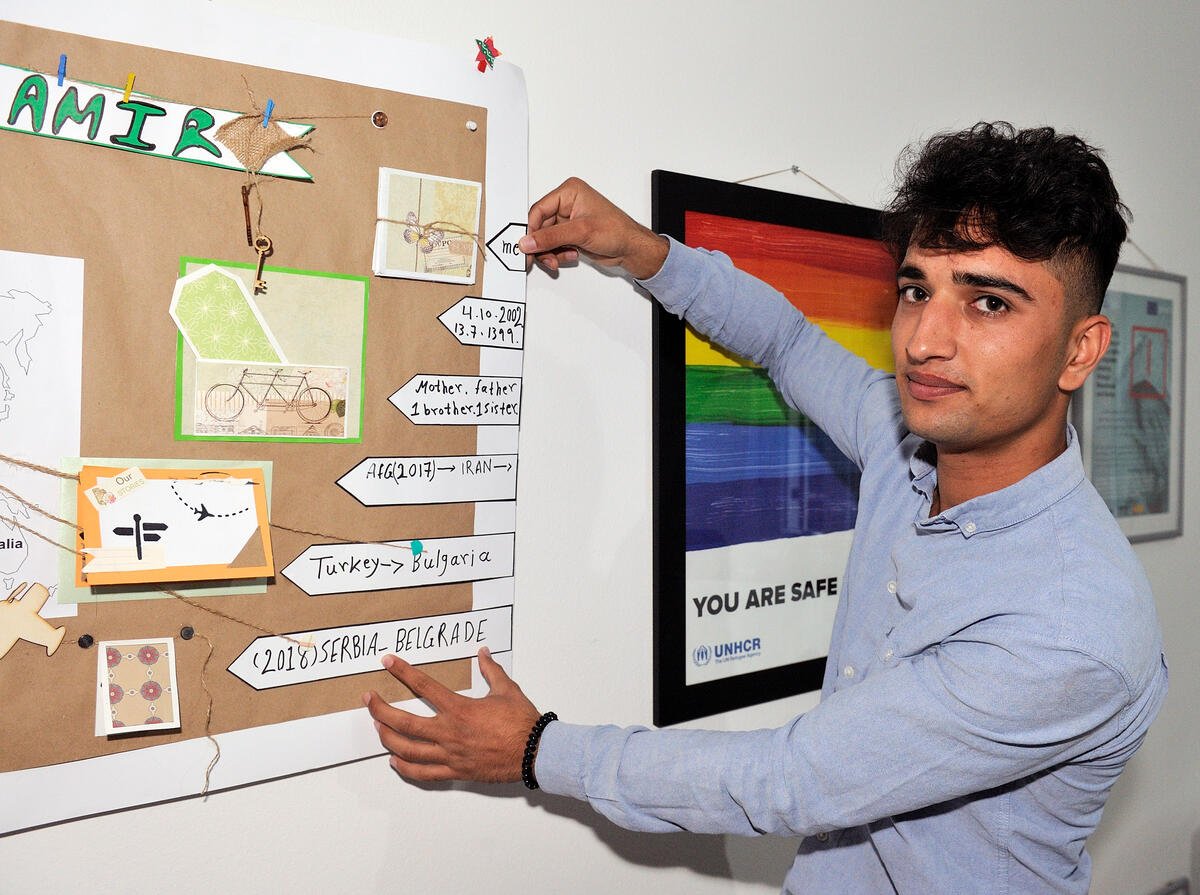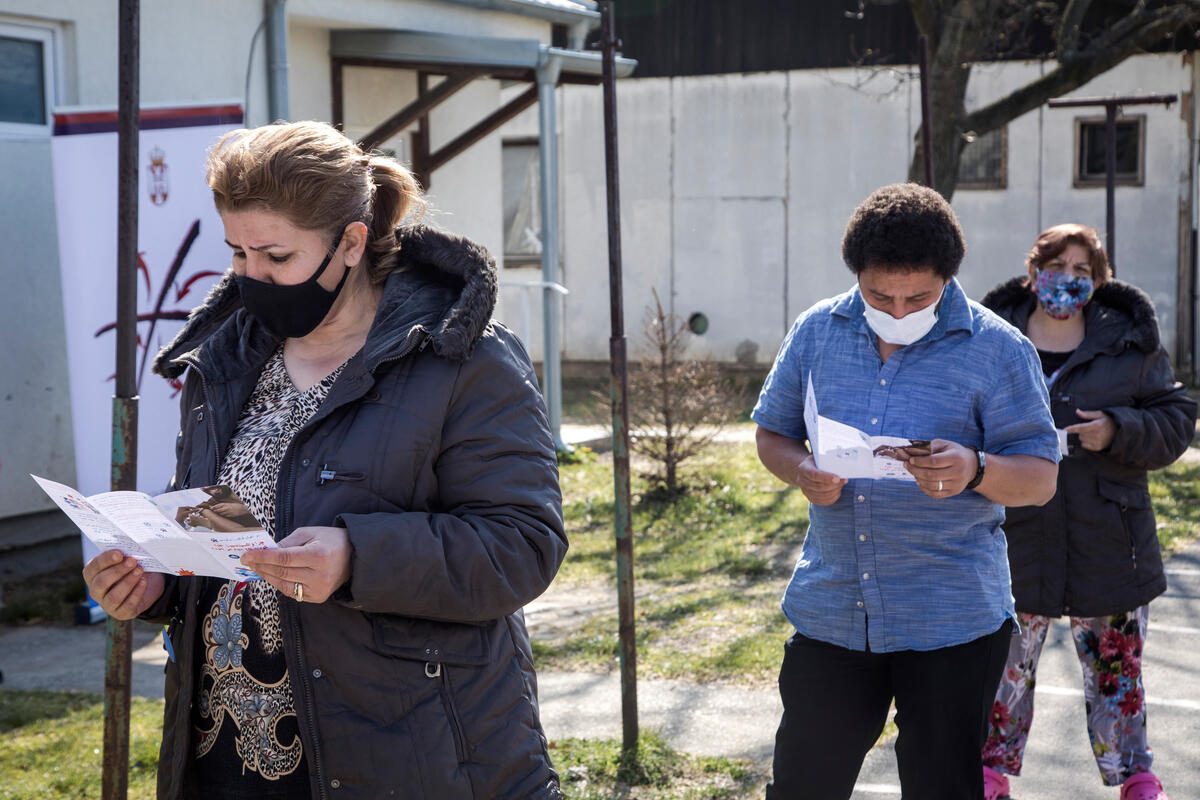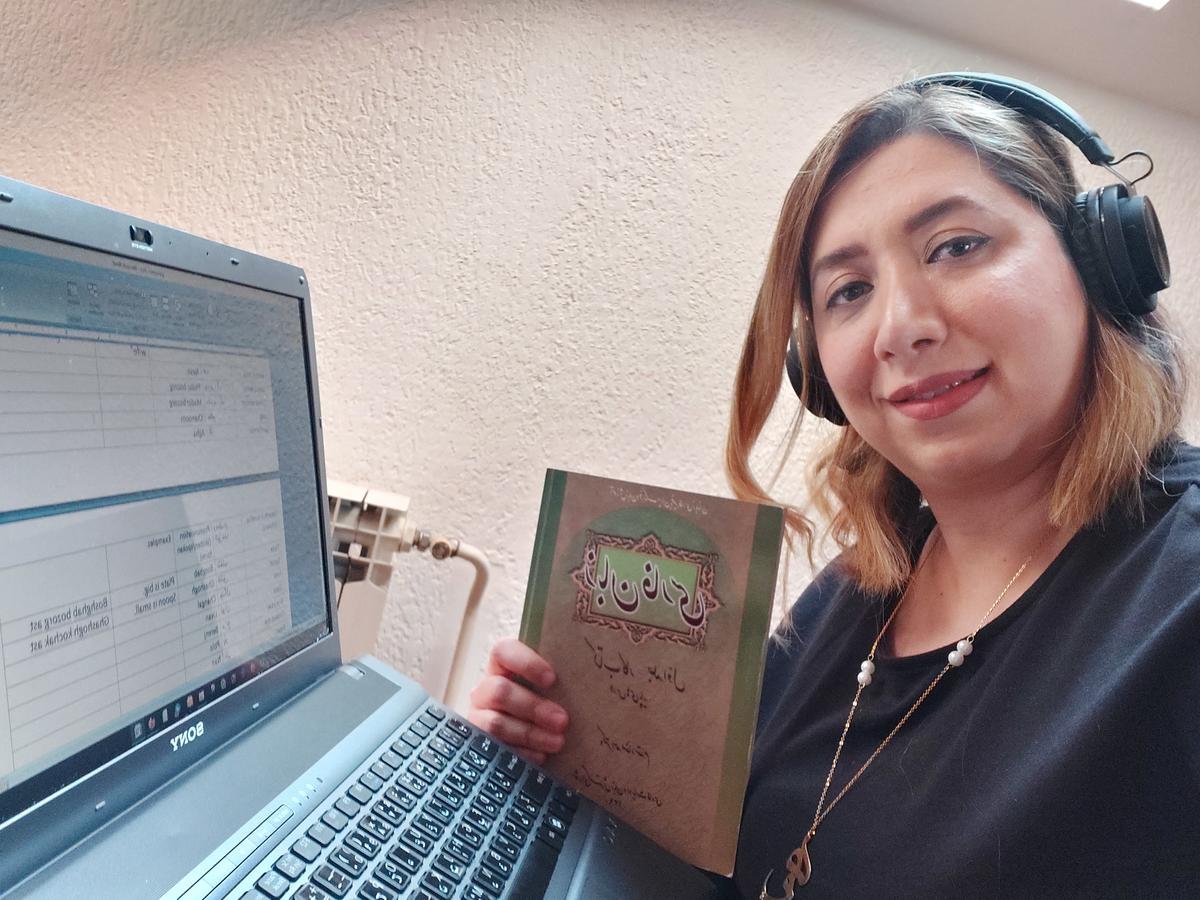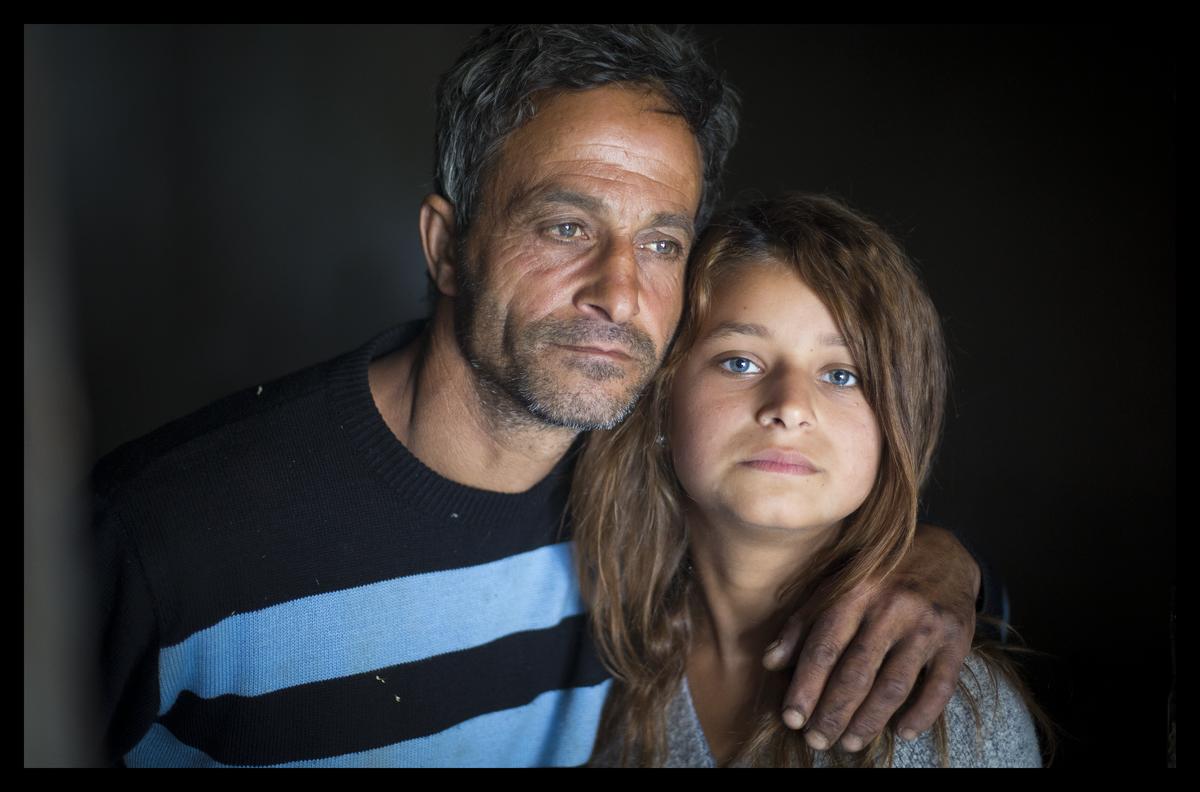Kosovo Crisis Update
Kosovo Crisis Update
Albania
A mortar shell landed among Kosovar refugees waiting in no man's land at the Morini border point at 2:40 Sunday morning, killing one elderly woman and three children, and injuring over 20 other refugees, according to UNHCR and NGO staff present at the time.
The shell struck a tractor which was stopped between concrete blocks which mark the actual border between the two countries and the Albanian frontier post.
There were an estimated 50-100 refugees in no man's land at the time. One UNHCR staff member who was at Morini with several staff from Médecins du Monde and Medair subsequently withdrew and reported that automatic weapons fire could be heard as far as a kilometre away from the border.
The most seriously wounded were evacuated by ambulance to the hospital in Kukes.
During the two previous days, a growing number of refugees fleeing Kosovo bore war wounds. On Friday, 16 April, 23 people crossing at Morini had bullet or shrapnel wounds, with four of the victims under five years of age. On that day another 25 refugees showed signs of severe beatings by Serbian troops.
Many of the newly arriving refugees are generally extremely weak, UNHCR staff report, with many walking for three or four days to the border. All those arriving on foot are transported, around the clock, to Kukes, in 20 trucks operated by UNHCR and other agencies.
Additional buses are being sent from Tirana to help decongest Kukes. More than 100,000 refugees are now in the northern town, and aid workers worked all night pitching 70 large tents. UNHCR and NGOs are working urgently to expand four transit camps to accommodate an additional 38,000 refugees.
FYR of Macedonia
At least 4,000 refugees entered Macedonia on Saturday after arriving by train, bus and on foot. The new arrivals crossed at the Blace and Jazince border posts, and through the mountains, where they entered at a Macedonian border village called Male Malina.
There were no additional arrivals during the night between Saturday and Sunday in Macedonia. However, over the past several days groups of refugees have appeared regularly by train and bus in the late morning.
At Blace, passengers on a train sent by Serbian authorities from Urosevac were reportedly then prevented by the Yugoslav border officials from leaving Kosovo if they could not produce valid identity documents. Refugees who were able to leave told UNHCR that the people turned back were not just men but included whole families. Many people elected to stay in Kosovo with family members when one of the group was not allowed to cross to Macedonia owing to lack of documents.
Refugees who arrived at the village of Male Malina on foot said they came from the area of Gnjilane, and had been walking for 21 hours straight. They said they had left their houses in villages around Gnjilane on Friday morning when villages were set on fire.
Male Malina is located 60 km north of Skopje, in a mountainous area to the east of the General Jankovic road. The population is mainly of Albanian origin, and the 600 inhabitants have taken more than three times that number into their homes, with dozens of refugees crowding into many residences. On Sunday UNHCR immediately sent a convoy of food aid to the village.
350 tents which were set up to expand capacity at Stenkovec 1 are to be dismantled today after disagreements with local farmers over the expansion of the camp. 150 of the tents are already occupied by families. Macedonian authorities had agreed in principle to the expansion of the camp. UNHCR continues to work on practical arrangements for enlarging this and other sites.
Republic of Montenegro
After large numbers of displaced Kosovars crossed the border during the week, arrivals on Saturday seem to have dropped off sharply, with only around 140 persons registered at the Rozaje checkpoint during the day on 17 April. The new arrivals in the night of 16-17 April and during the day of 17 April came in tractors and private vehicles and reportedly orginated from Mitrovica. They said they were part of a long column of vehicles being pushed toward Pec. In Pec, security forces redirected the great majority toward Albania, and only some were sent toward Montenegro. One family reported having been separated in this manner, with some family members on one tractor obliged to head for Albania, and others sent to Montenegro.
The road to Montenegro is not favoured by displaced people due to Serbian police checkpoints along the way. Around 25 of the new arrivals had been badly beaten and needed medical treatment by Médecins Sans Frontières (MSF) staff on arrival in Rozaje. The security situation for the Kosovars in Rozaje remains worrisome, in view of the presence of Yugoslav army forces nearby.
Rozaje, which houses over 20,000 displaced people, is under enormous strain from the continuing arrival of Kosovars. The mayor met on Saturday with directors of factories and requested their permission to continue to use their buildings to house displaced people. Meanwhile, UNHCR continues to try to mobilize NGOs to work in Montenegro, and in Rozaje specifically. International Rescue Committee (IRC) and Action Contre la Faim (ACF) have made assessment visits, as has the German NGO called Help.
On Saturday, UNHCR reunited at 15 year old Kosovar girl with her mother. The child had fled to Montenegro where she was living in Ulcinj with friends from her home town of Pec, while her mother had fled to Albania. UNHCR arranged for the two to be reunited at the Bozaj border crossing between Montenegro and Albania.
The situation in the coastal municipality of Ulcinj, where around 25,000 displaced Kosovars are living, is stable. In Ulcinj town, no incidents of harassment of displaced people and no presence of Yugoslav military has been reported. However, there is a much stronger Yugoslav military presence in the border area, which is not considered secure for displaced people.
UNHCR-IOM Humanitarian Evacuation Programme
On Saturday, 17 April, 314 refugees were flown out of Skopje to Germany on two flights.
UNHCR is beginning evacuations to a number of new countries, upon completion of the movement to Germany of the first 10,000 refugees whom that country agreed to take in. France and Belgium will start receiving refugees today, 18 April, while movements to Poland are due to begin on Monday 19 April. Departures to Turkey will resume on Tuesday 20 April.
A number of countries outside of Europe, including Australia, Canada and the United States, have generously offered to take in Kosovo refugees under the Humanitarian Evacuation Programme. UNHCR has not yet asked countries outside of Europe to activate their offers, although this may become necessary on very short notice, depending on the evolution of the situation.


